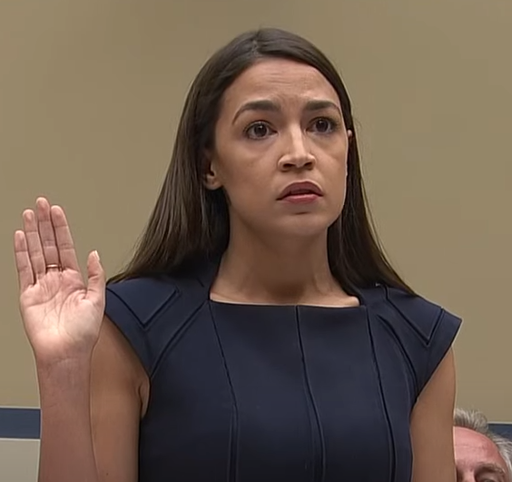
President Trump may be on the verge of brokering yet another peace deal. In the wake of U.S. airstrikes on Iranian nuclear facilities, Trump and Israeli Prime Minister Benjamin Netanyahu are reportedly moving swiftly to end the Gaza war and realign the region under a renewed vision of Arab-Israeli cooperation. According to The Times of Israel, the two leaders outlined a detailed plan during a Monday evening call that would terminate hostilities in Gaza within two weeks and pave the way for an expanded version of the Abraham Accords.
The proposal, which might be described as ambitious but optimistic, would see four Arab nations—among them Egypt and the United Arab Emirates—take control of the Gaza Strip following the removal of Hamas. The plan also calls for the forced exile of Hamas leaders and the full release of hostages still held in the enclave. U.S. Secretary of State Marco Rubio and Israeli Strategic Affairs Minister Ron Dermer reportedly joined the call, signaling high-level coordination.
In addition to reshaping governance in Gaza, the initiative envisions a broader diplomatic breakthrough. Several Arab countries, including Saudi Arabia and Syria, are said to be weighing formal ties with Israel as part of a second wave of normalization agreements. The U.S. would, in turn, recognize Israeli sovereignty over select parts of the West Bank—while Israel would commit rhetorically to a future two-state solution, contingent on reforms within the Palestinian Authority.
As part of the plan, multiple unnamed countries would reportedly agree to accept Gaza residents wishing to emigrate, an effort aimed at easing the region’s humanitarian burden and facilitating post-conflict resettlement. Yet while the blueprint is expansive, it is also fraught with political friction.
Arab leaders have long conditioned postwar involvement in Gaza on Israel’s willingness to empower the Palestinian Authority—something Netanyahu has consistently refused. The prospect of Hamas leadership going into exile remains uncertain, as the group has historically rejected such ultimatums. Regional buy-in remains tenuous at best.
The timing of the proposal also appears closely tied to recent military and political developments. President Trump’s assertive posture following Iran’s violation of the U.S.-brokered ceasefire—along with his public call to halt Netanyahu’s domestic corruption trial—suggests a broader effort to stabilize the region on terms favorable to U.S.-Israeli interests. The strategy reflects Trump’s long-standing view that regional peace can be achieved through strength, strategic leverage, and a realignment of Arab priorities.
Whether the plan materializes will depend on securing unprecedented cooperation from skeptical Arab capitals, overcoming entrenched hostilities, and navigating the volatile politics of the Palestinian question. But the proposal, if successful, could mark a transformative moment in the Middle East’s landscape.
[Read More: Biden Aide Reveals Autopen Process]











